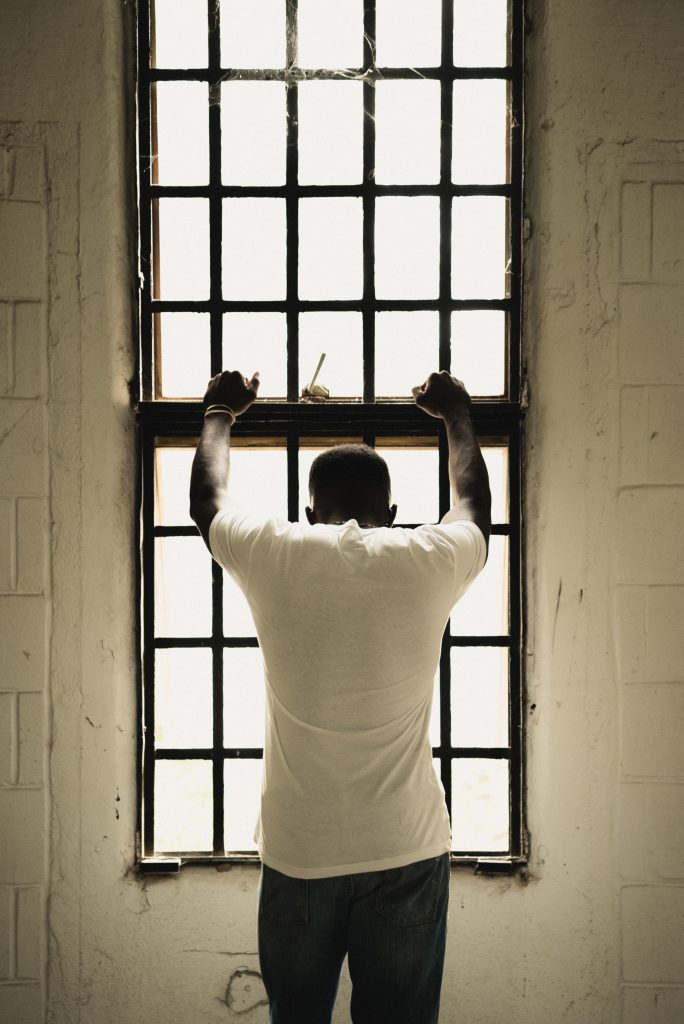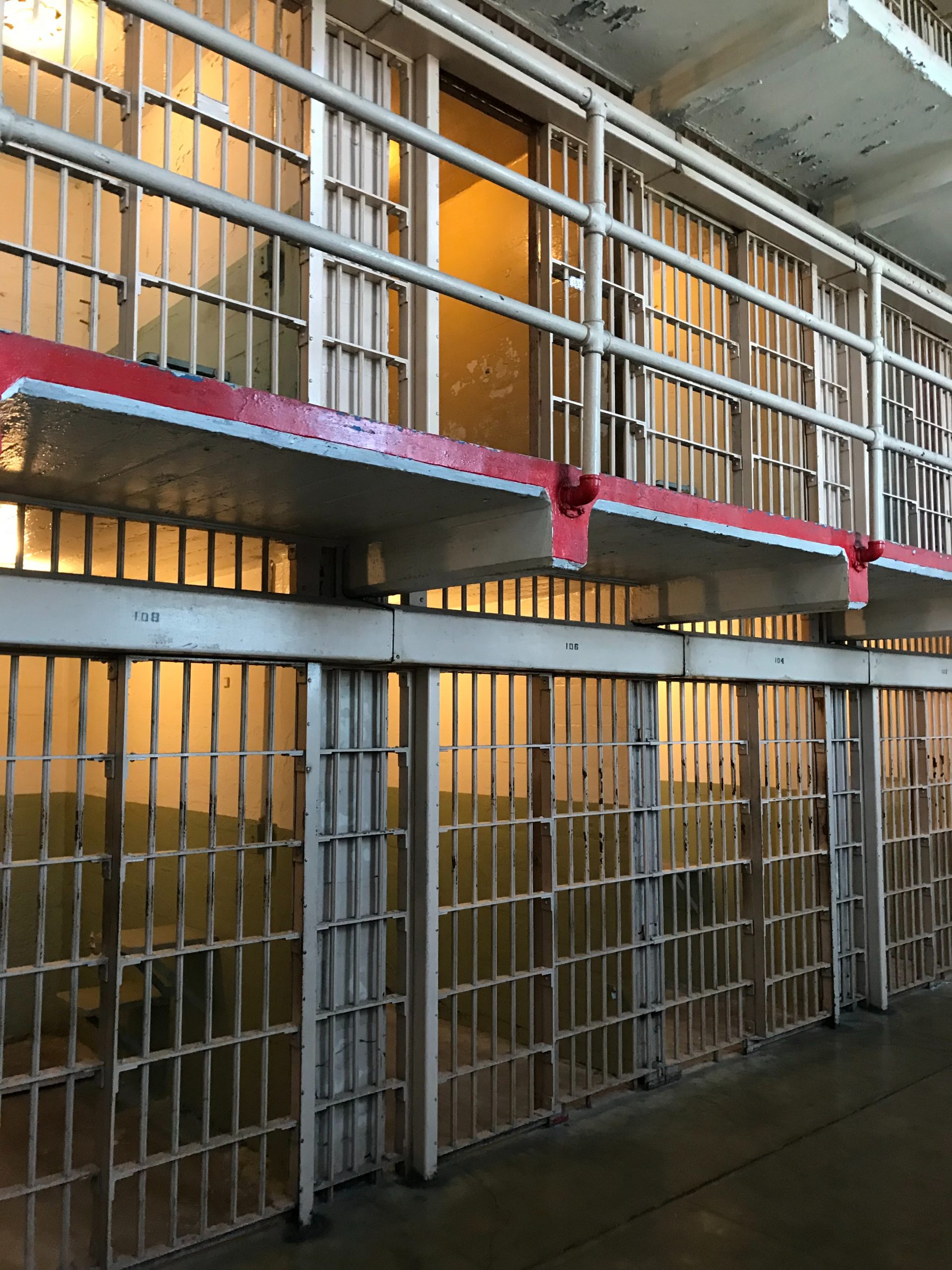Some media reports say that almost the Bureau of Prisons has released almost 25,000 incarcerated people during the COVID-19 pandemic. Other data shows that the BOP has only approved 36 of roughly 31,000 compassionate-release applications over the past year. According to the ACLU, the real number is somewhere in between. Whether it’s three dozen or 30,000, those released under the CARES Act have had a question looming over their heads for months: Will we have to go back? At this point, the best answer to that question is maybe.
Who has the BOP released under the CARES Act?
COVID-19 has overwhelmed prisons and jails in the U.S. According to a Marshall Project report, almost 400,000 U.S. prisoners had tested positive for the illness over the past 15 months. Of these cases, roughly 50,000 come from federal facilities. And there are only around 154,000 prisoners in BOP custody to begin with.
The CARES Act aimed to fix this problem. It included a provision that required that the BOP reduce the the number of people incarcerated in federal prisons. Although the BOP dragged its feet from the start, some people have now been released.
For those who have been released, the message from the probation or parole officer has been the same: If you follow the rules, you’ll be home for good. This message is great news—for the released person, for their families and for many others. Unfortunately, it also might be false.
This is because, under current Department of Justice guidance, people released under the CARES Act must go back to prison after the pandemic ends. The DOJ created this guidance while Donald Trump was president. But President Joe Biden’s administration has indicated it may follow that guidance, too.

What if no one told you you’d have to go back?
You might think that the potentially temporary nature of releases under the CARES Act would be the first thing someone tells you when you leave prison. A responsible probation or parole officer might remind you that this is only temporary or that you could be back regardless of your behavior while released.
But BOP officials aren’t doing that. In fact, according to FAMM’s President, Kevin Ring, they’re doing the opposite. As he explained on Twitter, some probation and parole officers are falsely telling releasees and their families that, so long as they behave, they’re released for good.
King recalled one mother’s version of events like this. “Did they mention anything about going back when the pandemic ends? She said no, just the opposite. PO said as long as she follows rules she will be home for good.”
King asks good questions about this approach by the BOP. “How is this happening? How is the BOP not telling those it’s sending on CARES Act home confinement that they might have to return? Why are they putting more people into this trick bag without informing them?”
These are all good, important questions. But, at least as of now, it doesn’t seem that anyone in the government is willing to answer them.
The Takeaway:
If you were released from prison under the CARES Act, congratulations. We know the process was stressful. But the opportunity you have now—with friends and family outside of prison—is worth it. But you need to know that it might come to an end once the COVID-19 pandemic is over. This is something that BOP officials won’t tell you when they release you. It’s still possible that officials will change course on this. But, for now, that’s just a possibility.






